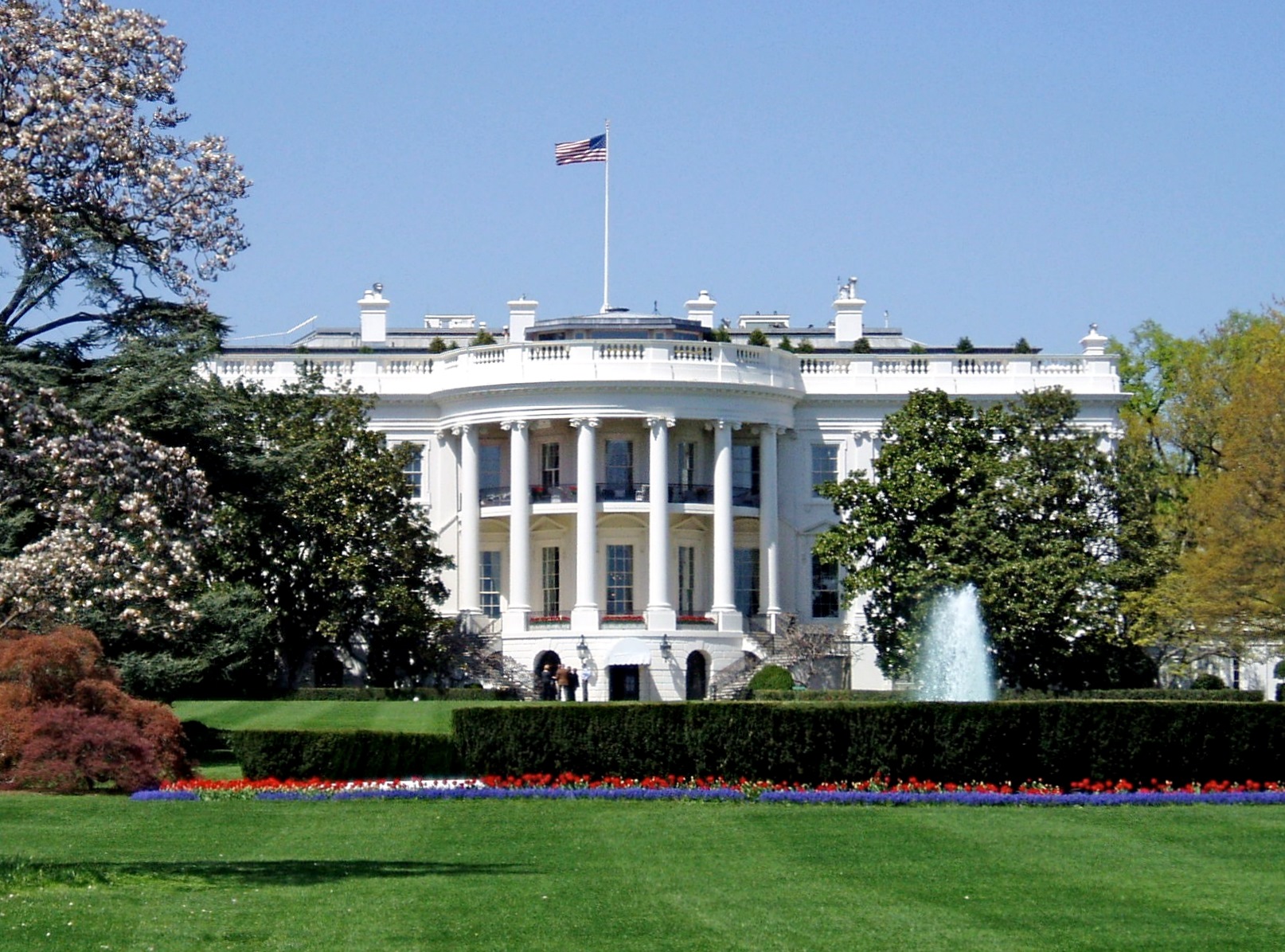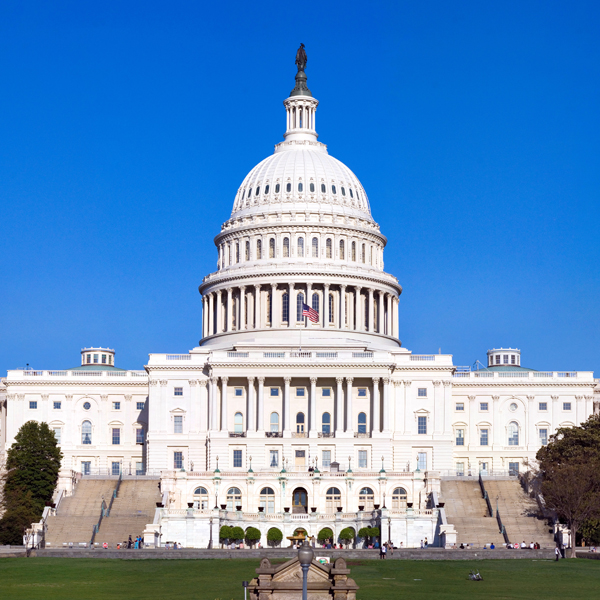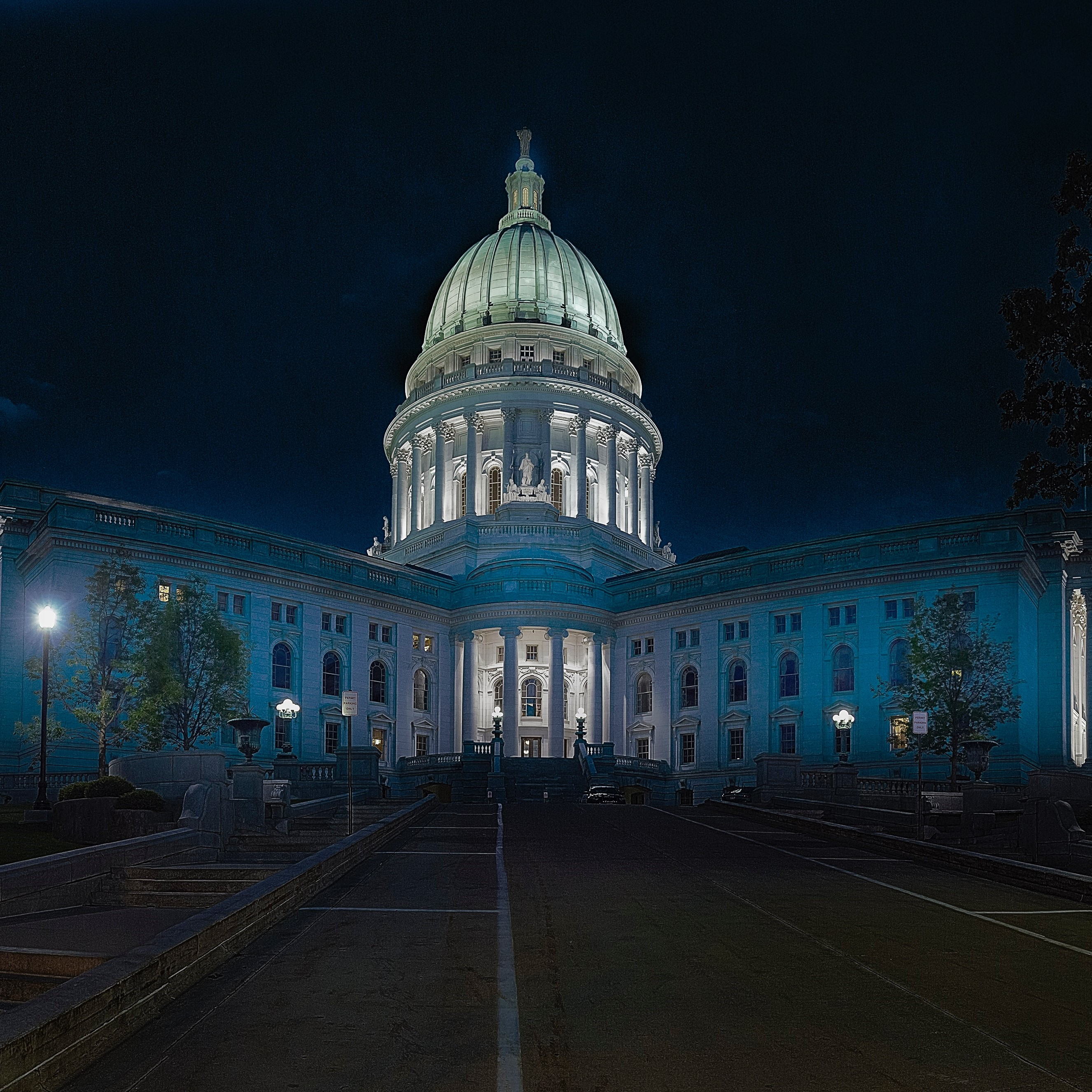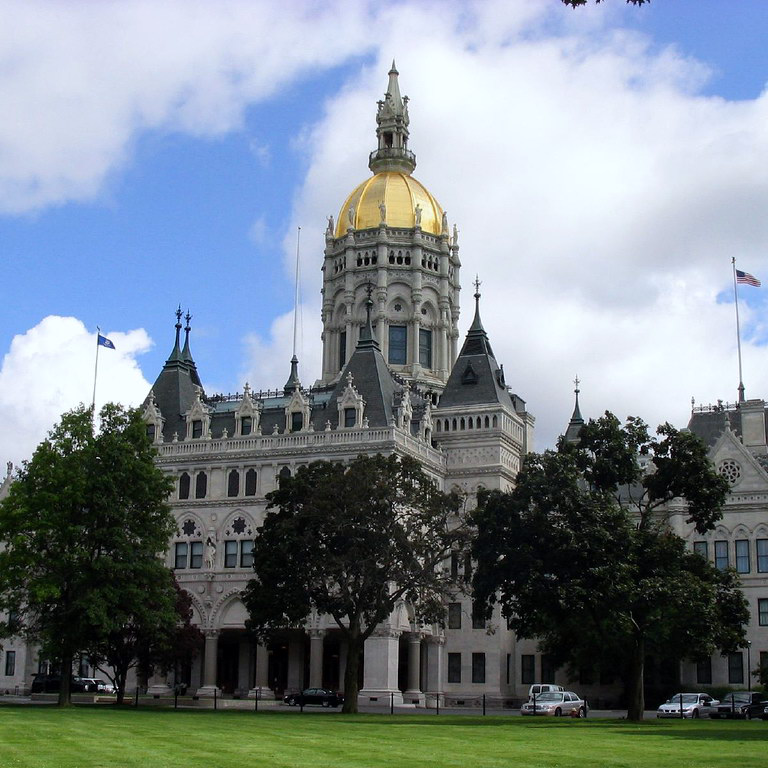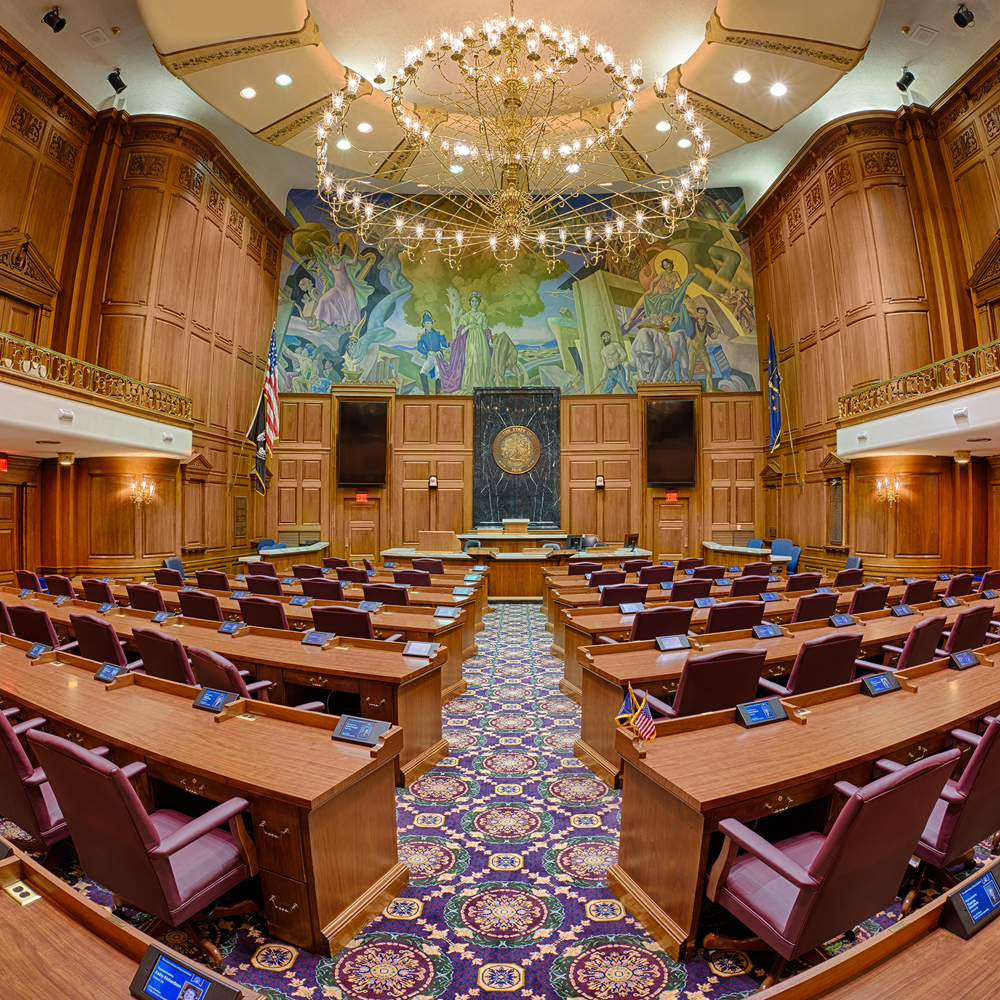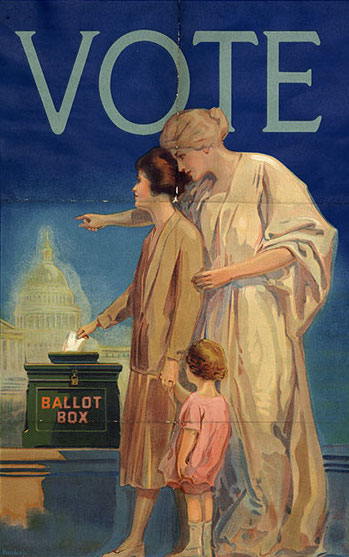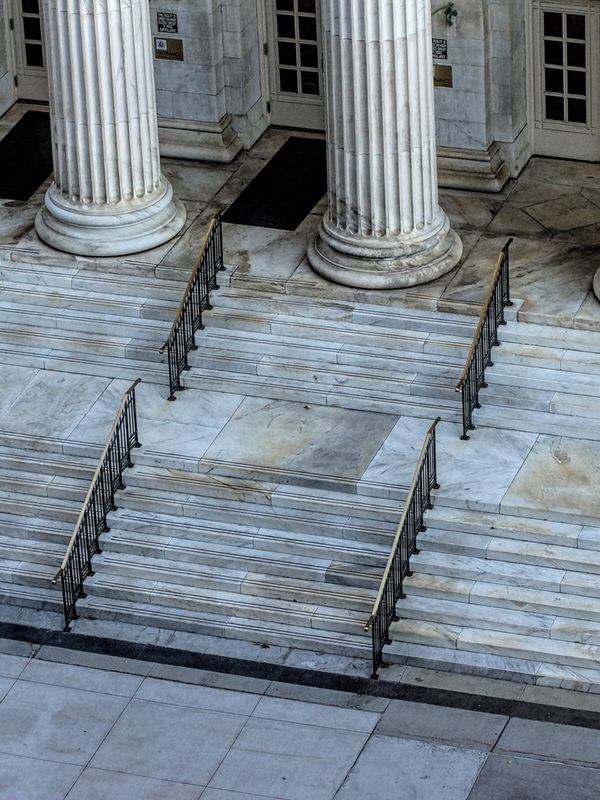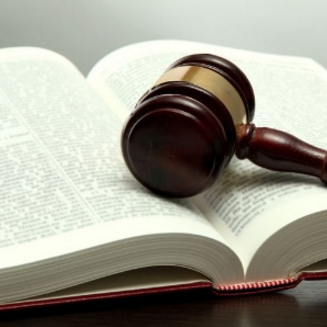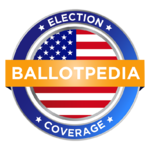Voting in Virginia
|
|
| Select a state from the menu below to learn more about its voting policies. |
The policies governing voter participation are enacted and enforced primarily at the state level. These policies, which include voter identification requirements, early voting provisions, online voter registration systems, and more, dictate the conditions under which people cast their ballots in their respective states.
This article includes the following information about voting policies in Virginia:
- Voter registration details, including deadlines and eligibility requirements.
- In-person voting details, including identification requirements, poll times, and early voting provisions.
- Absentee/mail-in voting deadlines and rules.
- Details about voting rules for people convicted of a felony.
- Contact information election agencies.
- Summaries of noteworthy policy-related events.
See Election administration in Virginia for more additional information about election administration in the state, including voter list maintenance policies, provisional ballot rules, and post-election auditing practices.
Do you have questions about your elections? Looking for information about your local election official? Click here to use U.S. Vote Foundation’s election official lookup tool.
Voter registration
The table below displays voter registration information specific to Virginia's 2024 election cycle.
Eligibility and registration details
- Check your voter registration status here.
To vote in Virginia, one must be a United States citizen, a resident of Virginia, and at least 18 years of age.[1]
Registration can be completed online, in person at a local voter registration office, or by mail. Voters can also register at the following locations:[1]
| “ |
|
” |
| —Virginia Department of Elections | ||
The deadline to register is 22 days before a primary or general election.[1]
In-person voting
The table below displays in-person voting information specific to Virginia's 2024 election cycle.
Poll times
- See also: State poll opening and closing times
In Virginia, all polls open from 6 a.m. to 7 p.m. Eastern Time. An individual who is in line at the time polls close must be allowed to vote.[3]
Voter identification
- See also: Voter identification laws by state
According to the Department of Elections website, "All voters casting a ballot in-person will be asked to show one form of identification. Any voter who does not present acceptable identification may instead sign a statement, subject to felony penalties, that they are the named registered voter who they claim to be. Any voter who does not present acceptable identification or sign this statement must vote a provisional ballot."[4][5]
The following documents were considered acceptable identification for voting as of May 2023:[4]
- Virginia driver's license or DMV-issued ID card
- Valid employee ID, containing a photo, issued by the voter's employer in ordinary course of business
- U.S. military ID
- Valid student ID, containing a photo, issued by any public or private school college, or university
- Valid student ID issued by a public or private school high school, college, or university in Virginia (with or without a photo)
- Valid U.S. passport or passport card
- ID card issued by the federal government or a Virginia state or local authority.
- Voter ID card issued by the department of elections
- Voter confirmation documents
- Valid tribal enrollment or ID issued by one of the 11 tribes recognized in Virginia
- Government nursing home resident ID
- Any other current government document containing the name and address of the voter
- Signed ID Confirmation Statement
Early voting
- See also: Early voting
Virginia permits early voting. Learn more by visiting this website. Early voting permits citizens to cast ballots in person at a polling place prior to an election. In states that permit no-excuse early voting, a voter does not have to provide an excuse for being unable to vote on Election Day. States that allow voters to cast no-excuse absentee/mail-in ballots in person are counted as no-excuse early voting states.
As of February 2024, 47 states and the District of Columbia permitted no-excuse early voting.
Absentee/mail-in voting
- See also: Absentee/mail-in voting
The table below displays absentee voting information specific to Virginia's 2024 election cycle.
All Virginia voters are eligible to vote absentee/by mail. There are no special requirements to be eligible to vote absentee/by mail. Voters may request an absentee ballot online or complete a paper absentee ballot request form and return it to their local voter registration office by mail, fax, or email. Applications must be received by 5 p.m. at least 11 days before Election Day.[6][7]
Completed ballots must be returned to the local registrar's office or an official drop off location by 7 p.m. on Election Day. If mailed, completed ballots must be postmarked by Election Day and received within three days of the election in order to be counted.[6]
On April 12, 2020, Governor Ralph Northam (D) signed HB1 and SB111 into law, establishing no-excuse absentee voting 45 days prior to an election. The legislation was in effect for the November 3, 2020 election.[8]
On the same day, Northam also signed HB238 and SB455, providing for absentee ballots postmarked on or before the date of an election to be counted if received by noon on the third day after the election.[8]
Local election officials
Do you need information about elections in your area? Are you looking for your local election official? Click here to visit the U.S. Vote Foundation and use their election official lookup tool. |
Voting rules for people convicted of a felony
According to Virginia's constitution, people convicted of a felony lose their civil rights, including their right to vote, regaining them only with a pardon from the governor or another appropriate authority on an individual basis.
To restore their voting rights, individuals may apply for restoration of their civil rights from the governor in the manner established by the contemporaneous administration. The Department of Corrections must provide information on these procedures–click here for more information. People convicted of a felony may also petition the courts for a restoration of their civil rights. To learn more about this process, click here.[9]
Voting rights for people convicted of a felony vary from state to state. In the majority of states, people convicted of a felony cannot vote while they are incarcerated but may regain the right to vote upon release from prison or at some point thereafter.[10]
Election administration agencies
Election agencies
- See also: State election agencies
Individuals seeking additional information about voting provisions in Virginia can contact the following local, state, and federal agencies.
Virginia Local Voter Registration Offices
Virginia Department of Elections
- Washington Building
- 1100 Bank Street, First Floor
- Richmond, Virginia 23219
- Phone: 804-864-8901
- Toll free: 800-552-9745
- Fax: 804-371-0194
- Email: [email protected]
- Website: https://www.elections.virginia.gov
U.S. Election Assistance Commission
- 633 3rd Street NW, Suite 200
- Washington, DC 20001
- Phone: 301-563-3919
- Toll free: 1-866-747-1471
- Email: [email protected]
- Website: https://www.eac.gov
Noteworthy events
2021
HB1968, HB1921, and HB1888
On June 28, 2021, Governor Ralph Northam (D) signed the following bills into law, making a series of changes to Virginia's election administration procedures:[11]
- HB1968: This bill authorized local election officials to make in-person early voting available on Sundays.[12]
- HB1921: This bill established that voters with permanent or temporary disabilities can vote outside of a polling place. The bill also established that any voter can vote outside of a polling place "during a declared state of emergency related to a communicable disease of public health threat."[13]
- HB1888: This bill established that election officials must begin processing absentee/mail-in ballots before Election Day. Processing includes "verifying the correct completion of the voter affirmation statement," and the bill established that voters must be a afforded an opportunity to correct issues with their voter affirmation statements. The bill also established that drop-off locations must be made available for the return of absentee/mail-in ballots.[14]
SB1395
On April 7, 2021, SB1395, legislation prohibiting discrimination in voting and election administration on the basis of race, was enacted into law. According to a bill summary prepared by Virginia's Legislative Information System, SB1395 made the following modifications to Virginia's election laws:[15]
- "The bill ... prohibits at-large methods of election from being imposed or applied in a locality in a manner that impairs the ability of a protected class, defined in the bill, to elect candidates of its choice or to influence the outcome of an election, by diluting or abridging the rights of voters who are members of a protected class."
- "Prior to enacting or administering a covered practice, defined in the bill, the governing body of a locality is required to publish the proposed covered practice and accept public comment for a minimum of 30 days on the proposed covered practice; after the public comment period, a 30-day waiting period is required. During this period, any person who will be subject to or affected by the covered practice may challenge the covered practice as (i) having the purpose or effect of denying or abridging the right to vote on the basis of race or color or membership in a language minority group or (ii) resulting in the retrogression in the position of members of a racial or ethnic group with respect to their effective exercise of the electoral franchise. The bill permits the local governing body to instead submit the proposed covered practice to the Office of the Attorney General for issuance of a certification of no objection and, once such certification is issued, to enact or administer the covered practice."
- "The bill authorizes the Attorney General to commence civil actions when there is reasonable cause to believe that a violation of an election law has occurred and the rights of any voter or group of voters have been affected by the violation."
The Virginia State Senate adopted the bill on February 5, 2021. The Virginia House of Delegates followed suit on February 15, 2021. On March 31, 2021, Governor Ralph Northam (D) recommended amendments to the law. On April 7, 2021, the Senate voted 21-19 to accept these amendments, with all Democrats voting in favor and all Republicans in opposition. That same day, the House also agreed to the governor's amendments, with the chamber's 55 Democrats voting in favor and its 45 Republicans in opposition. [15]
Northam said, "At a time when voting rights are under attack across our country, Virginia is expanding access to the ballot box, not restricting it. With the Voting Rights Act of Virginia, our Commonwealth is creating a model for how states can provide comprehensive voter protections that strengthen democracy and the integrity of our elections. I am proud to support this historic legislation, and I urge Congress to follow Virginia’s example." State Senator Jill Vogel (R), who voted against the bill, said, "Consider if every locality, for every decision they made, was subject to some kind of litigation and somebody trying to impugn the integrity of their decision-making. It is a full employment act for lawyers."[16][17]
2020
On April 12, 2020, Governor Ralph Northam (D) signed the following bills into law, all of which had some impact on election administration procedures in Virginia:[8]
- HB1/SB111: Established no-excuse early voting 45 days prior to an election.
- HB19/SB65: Repealed the state's photo identification requirement for voters.
- HB108/SB601: Established Election Day as a state holiday.
- HB235/SB219: Established automatic voter registration for individuals conducting business with the Department of Motor Vehicles.
- HB238/SB455: Provided for absentee ballots postmarked on or before the date of the election to be counted if received by noon on the third day after the election.
- HB1678: Extended the poll closing time for in-person voting from 7:00 p.m. to 8:00 p.m.
2017
On March 15, 2017, Virginia Governor Terry McAuliffe (D) vetoed two election policy bills, HB 2343 and SB 872. HB 2343 would have required the Virginia Department of Elections to submit to local registrars lists of voters identified as having been registered to vote in another state. HB 2343 was sponsored by Delegate Robert Bell (R), who said, "Information would be provided to the general registrars from each county or city when it's found that one of their voters is also registered in another state, and it gives them the liberty to do what they want to do with that information." McAuliffe vetoed the bill, saying, "This bill would invite confusion and increase the possibility of violating federal law. Moreover, it would expose eligible and properly registered Virginians to the risk of improper disenfranchisement." SB 872, which was sponsored by Senator Amanda Chase (R), would have required a voter applying for an absentee ballot by mail, fax, telephone, or electronic transmission to submit a copy of a photo ID. The bill would have exempted military and overseas voters, as well as voters with disabilities. SB 872 was identical to HB 1428, which was vetoed by McAuliffe on March 3, 2017.[18][19][20][21]
Ballotpedia's Election Administration Legislation Tracker
State election laws are changing. Keeping track of the latest developments in all 50 states can seem like an impossible job.
Here's the solution: Ballotpedia's Election Administration Legislation Tracker.
Ballotpedia's Election Administration Tracker sets the industry standard for ease of use, flexibility, and raw power. But that's just the beginning of what it can do:
- Ballotpedia's election experts provide daily updates on bills and other relevant political developments
- We translate complex bill text into easy-to-understand summaries written in everyday language
- And because it's from Ballotpedia, our Tracker is guaranteed to be neutral, unbiased, and nonpartisan
The Ballot Bulletin
The Ballot Bulletin is a weekly email that delivers the latest updates on election policy. The Ballot Bulletin tracks developments in election policy around the country, including legislative activity, big-picture trends, and recent news. Each email contains in-depth data from our Election Administration Legislation Tracker. You'll also be able to track relevant legislation, with links to and summaries of the bills themselves.
Recent issues
Click below to view recent issues of The Ballot Bulletin.
- The Ballot Bulletin: December 13, 2024
- The Ballot Bulletin: December 6, 2024
- The Ballot Bulletin: November 22, 2024
- The Ballot Bulletin: November 15, 2024
- The Ballot Bulletin: November 1, 2024
Subscribe
Enter your email address below to subscribe to The Ballot Bulletin.
Ballotpedia's election coverage
- United States Senate Democratic Party primaries, 2024
- United States House Democratic Party primaries, 2024
- Democratic Party gubernatorial primaries, 2024
- Democratic Party Secretary of State primaries, 2024
- Democratic Party Attorney General primaries, 2024
- State legislative Democratic primaries, 2024
- United States Senate Republican Party primaries, 2024
- United States House Republican Party primaries, 2024
- Republican Party gubernatorial primaries, 2024
- Republican Party Secretary of State primaries, 2024
- Republican Party Attorney General primaries, 2024
- State legislative Republican primaries, 2024
See also
- State of Election Administration Legislation 2024 Year-End Report
- Voter ID in Virginia
- Election administration in Virginia
- Ballot access requirements for political candidates in Virginia
Elections in Virginia
- Virginia elections, 2025
- Virginia elections, 2024
- Virginia elections, 2023
- Virginia elections, 2022
- Virginia elections, 2021
- Virginia elections, 2020
- Virginia elections, 2019
- Virginia elections, 2018
- Virginia elections, 2017
- Virginia elections, 2016
- Virginia elections, 2015
- Virginia elections, 2014
External links
Footnotes
- ↑ 1.0 1.1 1.2 Virginia Department of Elections, "How to Register," accessed May 3, 2023
- ↑ Note: This text is quoted verbatim from the original source. Any inconsistencies are attributable to the original source.
- ↑ Virginia Department of Elections, "Election and Voter FAQ," accessed May 3, 2023
- ↑ 4.0 4.1 Voter identification, "Voting on Election Day," accessed May 3, 2023
- ↑ Virginia Department of Elections, "Voting on Election Day," accessed May 3, 2023
- ↑ 6.0 6.1 Virginia Department of Elections, "Absentee and Early Voting," accessed October 4, 2024
- ↑ Virginia Department of Elections, "Virginia Absentee Ballot Application Form,"accessed October 7, 2024
- ↑ 8.0 8.1 8.2 Office of the Governor of Virginia, "Governor Northam Signs Sweeping New Laws to Expand Access to Voting," April 12, 2020
- ↑ Secretary of the Commonwealth, "Restoration of Rights," accessed May 3, 2023
- ↑ National Conference of State Legislatures, "Felon Voting Rights," April 6, 2023
- ↑ NBC 29, "Northam signs legislation to increase voter access," June 28, 2021
- ↑ Virginia's Legislative Information System, "HB1968," accessed July 12, 2021
- ↑ Virginia's Legislative Information System, "HB1921," accessed July 12, 2021
- ↑ Virginia's Legislative Information System, "HB1888," accessed July 12, 2021
- ↑ 15.0 15.1 Virginia's Legislative Information System, "SB 1395 Discrimination; prohibited in voting and elections administration, etc.," accessed April 9, 2021
- ↑ Richmond Times-Dispatch, "Officials discuss impact of new Voting Rights Act of Virginia," April 7, 2021
- ↑ Virginia Mercury, "Virginia is set to become the first southern state with its own voting rights act. Here’s what it does." March 12, 2021
- ↑ WTKR.com, "McAuliffe vetoes bills he says could restrict voting rights," March 16, 2017
- ↑ Virginia's Legislative Information System, "HB 2343 Voter registration list maintenance; voters identified as having duplicate registrations," accessed March 17, 2017
- ↑ Virginia's Legislative Information System, "SB 872 Absentee voting; applications and ballots; photo identification required," accessed March 17, 2017
- ↑ Virginia's Legislative Information System, "HB 1428 Absentee voting; photo identification required with application," accessed March 17, 2017
 |
State of Virginia Richmond (capital) |
|---|---|
| Elections |
What's on my ballot? | Elections in 2025 | How to vote | How to run for office | Ballot measures |
| Government |
Who represents me? | U.S. President | U.S. Congress | Federal courts | State executives | State legislature | State and local courts | Counties | Cities | School districts | Public policy |






